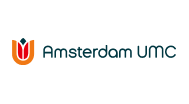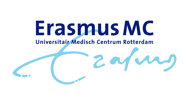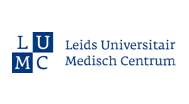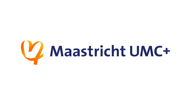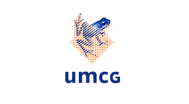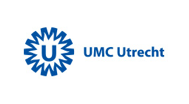COVID research
When the COVID-19 pandemic broke out, the umcs quickly took action. They bundled their scientific knowledge and stimulated research into the causes, treatment and long-term effects of the virus.
The umcs are known for their medical-scientific research at a global level. When the first alarming reports over COVID-19 arrived, the umcs responded immediately: they rapidly set up, organised and scaled up studies into the causes, treatment and long-term effects of the coronavirus. The search was not only for a potential vaccine, but also for the optimal treatment, and conducting epidemiological and psychosocial research, and research on long COVID. All of these studies together produced a wealth of data and new insights in the fight against COVID-19, which could be used in the Netherlands and around the world. Our experts advise various organisations, such as the Ministry of VWS, about e.g. the most promising therapies.
In this video we tell you more about the combined COVID research at the umcs.
Sturdy basis
Luckily, in the past few decades, much knowledge has already been obtained from fundamental research into viruses. Partly due to the knowledge, experience and infrastructure developed as a result, the umcs can pivot faster and contributed to the rapid development of a vaccine or other COVID treatments. They have also invested considerable sums in the past few years into the development of a national research infrastructure. It provides optimal access to the available knowledge, facilities, data and samples stored in biobanks. This now gives us a sturdy basis for COVID research.
All of this shows how important it is to invest continuously in knowledge development, even when there is no acute healthcare issue, like a pandemic.
Look here at an infographic of the types of COVID research done at the umcs:
International collaboration
The European Union recognises the quality of the scientific research done by the Dutch umcs. The umcs received many European subsidies, including some especially for COVID research. This shows that the Netherlands occupies a special position internationally, partly due to collaboration with research institutes in and outside Europe.
Examples of COVID studies being conducted now by the umcs can be found on the website Voor het leven van morgen [For the life of tomorrow].


